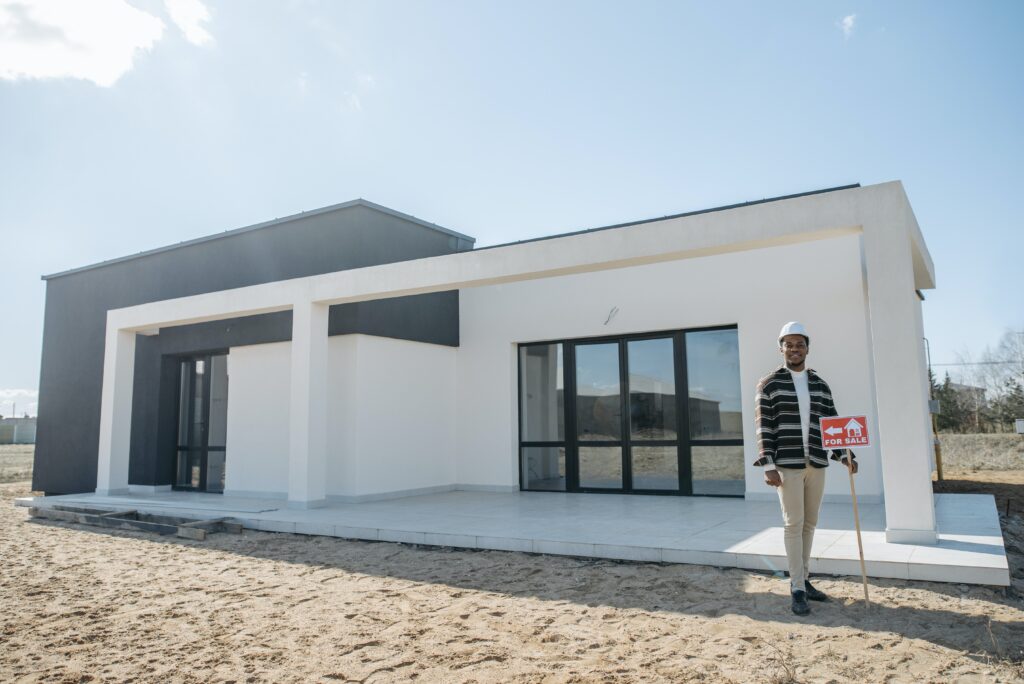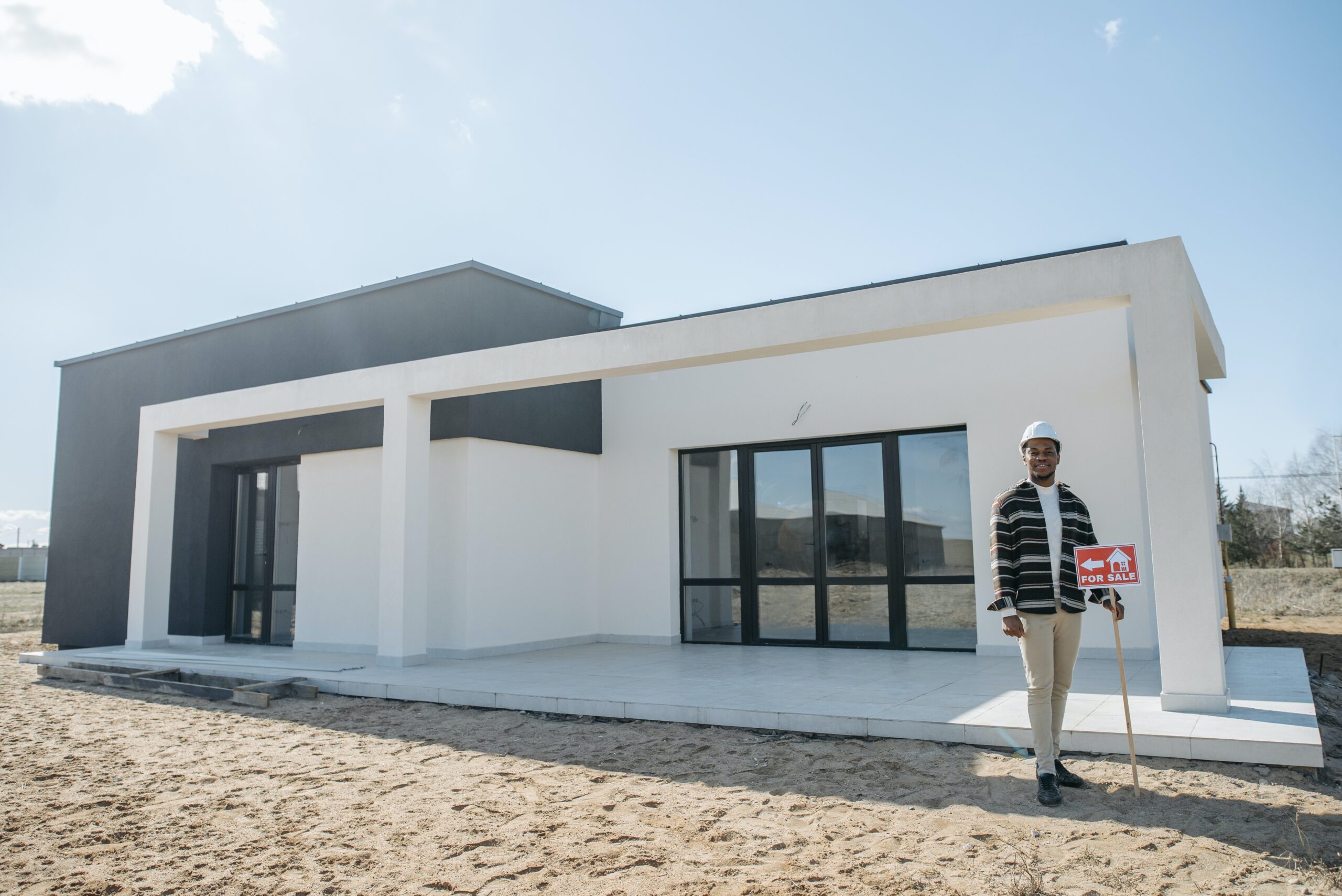
By Khulile Thwala
Following a season of hyperactivity that was caused by record-low interest rates, the housing market in Eswatini and the rest of Southern Africa is showing signs of cooling off in 2023.
Property experts say demand is expected to slow down as Central Banks are now raising interest rates in a bid to arrest the ‘runaway’ inflation. They also say it is natural to expect the market to slow down when interest rates climb.
“Property sellers can expect less demand in 2023 as a result of the rising interest rates,” said RE/MAX Southern Africa CEO Andrian Goslett.
Interest rates are expected to climb both in Eswatini and South Africa from Friday 27, 2023. The Central Bank of Eswatini (CBE) Governor Dr. Phil Mnisi is expected to moderately raise the discount rate by not more than 50 basis points.
Currently, the country’s bank rate is standing at 6.5 per cent, following the increase effected at the end of November 2022. Should the Governor in consultation with the Monetary Policy Consultative Committee (MPCC) raise the bank rate by 50 basis points, it will climb to 7.0 per cent. This will automatically push up the prime lending rate from 10 to 10.5 per cent till the end of March 2023.
Gosslet went on to say: “Unless the current economic outlook changes, average house prices are likely to remain somewhat stagnant in the year ahead. However, each suburb will have its own unique trends and prices will vary depending on demand. It would be a good idea to keep in touch with your local RE/MAX agent to find out how your suburb specifically is performing,” Goslett recommended.
The RE/MAX CEO said after reviewing the results from the fourth quarter (Q4) of 2022, he stands by his previous predictions that the year ahead might be a tough one, especially within the real estate industry. “There are likely to be fewer transactions this year and house prices are unlikely to show high levels of growth. However, the need to buy and sell a property will exist within any economic climate. Sellers should have no problem securing full asking price in the year ahead if the home is priced fairly and marketed by a trusted real estate professional.” Goslett concluded.
RE/MAX Eswatini Real Estate Specialist Elroy Johnston corroborated the statement made by Goslett that sellers can expect less demand in 2023 as a result of the rising interest rates.
Speaking to the Eswatini Financial Times Johnston said the South African market has always done better than the local market because the properties in SA have always been reasonably priced.
“Therefore, you find that whatever affects the property industry in South Africa generally affects the Eswatini property market more terribly,” said Johnston.
The real estate specialist says the recent increase in the interest rate due to the Lilangeni/Rand being pegged at par meant whatever bonds the buyers put themselves in, the interest will inevitably be higher.
“The rising interest rates will erode prospective buyers’ buying power. For instance, when the bank assessed your buying power pre-Covid and determined that with your monthly income, you were getting at that time you were eligible to be financed for a house worth E1.5 million, but using the same pay scale post-Covid, you will find that the bank would offer you less amount as the repayments will be much higher,” he said.
In Johnston’s observation, this has put the local property industry in an unfavourable position as the consumer’s buying power has been severely battered.
He further said, however, property prices are more controlled currently because more sellers are under pressure to sell due to the economic situation and are negotiating prices rather than rapidly increasing them.






